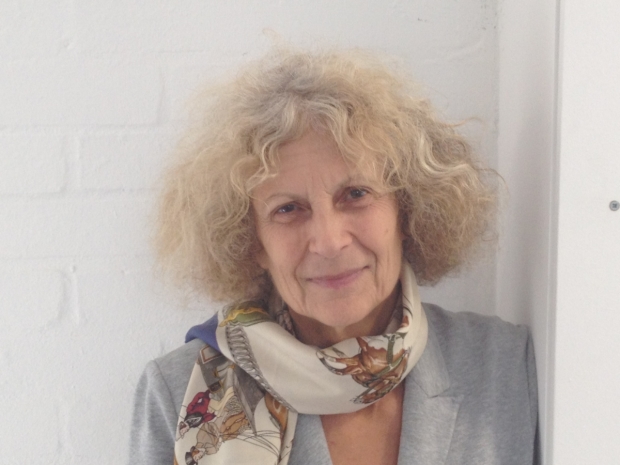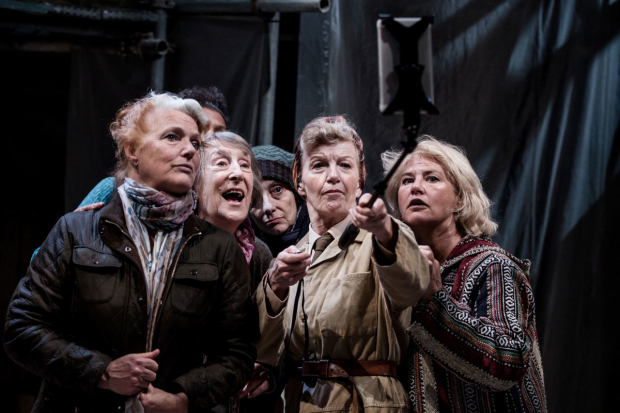Timberlake Wertenbaker: 'The statistics on women in theatre depress me'
As her new play opens in Bolton, we talked to the great playwright Timberlake Wertenbaker about the process of playwriting

How active are you usually in rehearsals?
I do change the script, I look at it very carefully. I’m pretty active. I’m working on the text, not directing, obviously, and I’m there to answer some questions.
As a writer, do you enjoy rehearsals?
You have been sitting on your own for ages [writing the play] which is very lonely. And a playwright does write for actors. So when you get them there and it starts getting made, it's very exciting. It can go wrong, but if you have a good director, the atmosphere is always good. Until rehearsals, it’s not really a play, it's just something on paper, it exists in a twilight until it comes into the light.
Once you've got an idea, do you just sit down and write the play? Do you have a process?
It really depends on the play and where it is. I have a theory that a play is there somewhere and you just have to find it. It's like archaeology. You can get it quite quickly, but you can also excavate the wrong play. I've had plays that have taken me years to write because it just wouldn't focus. Whereas sometimes I don't do anything for a year and it's suddenly quite clear.
Do you plan?
I do some planning, it's usually very vague, a kind of sketch. But I do start at the beginning and end at the end. I have no idea what other playwrights do.
How long did it take you to write Winter Hill?
Somewhere between one and two years. Although I discovered recently, to my horror, that the commission was about four years ago. So I didn't do anything on it for a year and the I think six months later I did some other things and then I went back to it. But it can be faster or slower. Jefferson's Garden took a long, long time to get.

© Richard Davenport
What was the seed for Winter Hill?
It was several things which suddenly came together. Elizabeth Newman had commissioned me to write something, but I had no idea what it would be. I was intrigued by Bolton and I took a walk up Winter Hill which is an amazing place and it focused the landscape and various strands all came together. I didn't even know it was going to be all women.
Is a sense of place important for you when you're writing a play?
Yes, I think it's sometimes something that is ignored in theatre. But it's actually quite important. It's something I've always been interested in, whether it is a park somewhere or Hampstead Heath, or a desert.
Winter Hill is about building on ancient land, is building work in this country a worry to you?
Yes, I have seen it a lot and I do worry about it. You only have to look at what happens in London. Every country wants to make a statement with bigger buildings. But the damage is severe, although it's almost impossible to find out the real environmental damage. It's not just that I enjoy open green spaces, it's that we need them. That's becoming apparent more and more scientifically.
The play also deals with the line between protest and terrorism, is that right?
I just wanted to open up questions about resorting to extreme measures. People will have to decide the answers for themselves. The decisions are always interesting. I'm hopeless at making decisions and knowing what I feel about anything. They are very painful questions, though, because violence is violence.
Do you think we've begun to focus more on women protagonists, writers and directors?
I think we have, but not enough. Every time the statistics come out, they're depressing. There's always a lot of noise about it, but that doesn't mean change is actually happening. Which is the problem. I first started writing plays at a very good time, when people suddenly realised there were few women playwrights. There were a couple of people at the Royal Court who wanted to change that. But then there was a big dip. I think the good thing now is perhaps more women feel they can write. Because there's been more of a history of women writing plays.
Winter Hill runs at Octagon Theatre in Bolton until 3 June.













